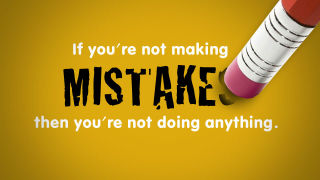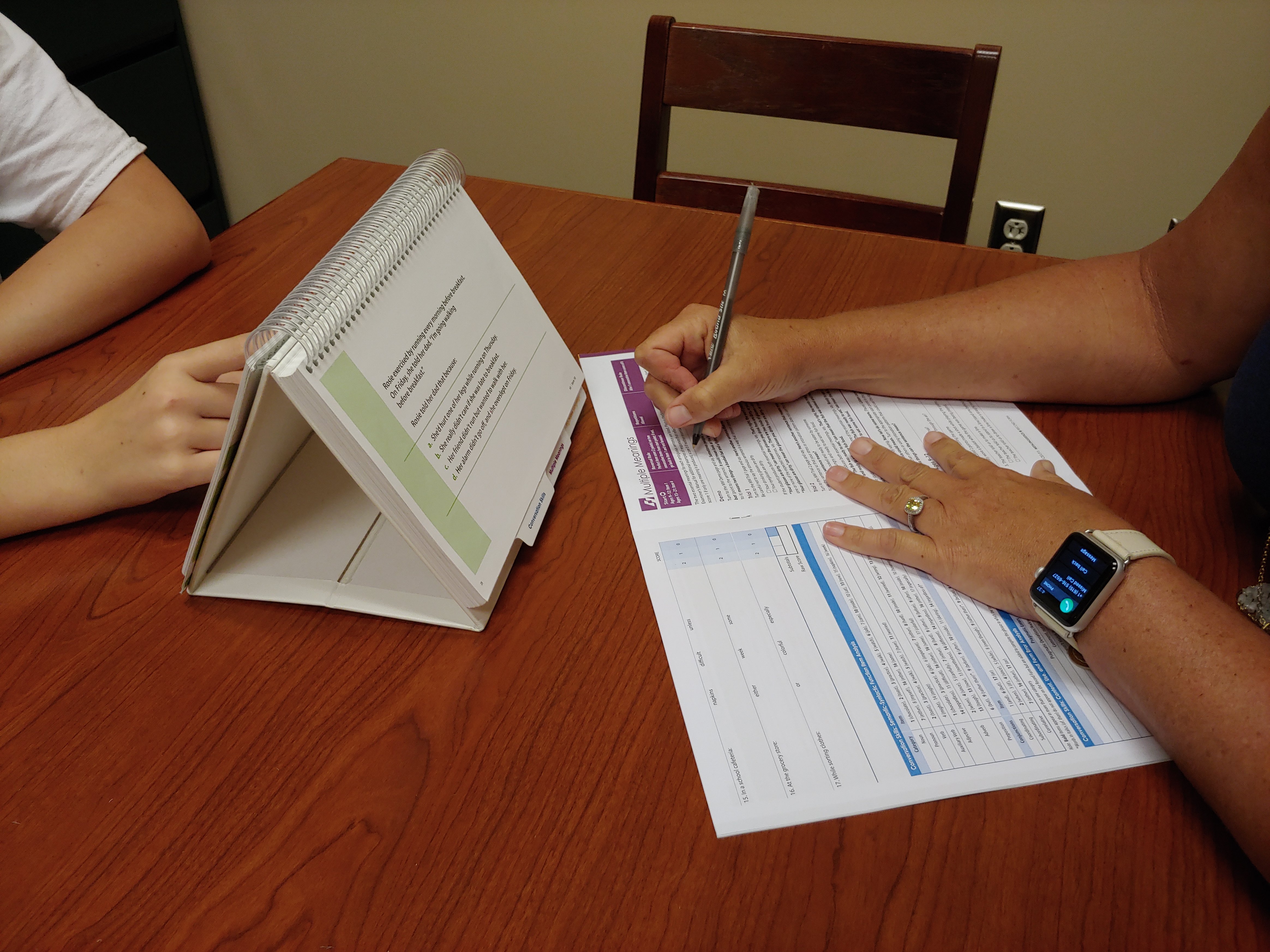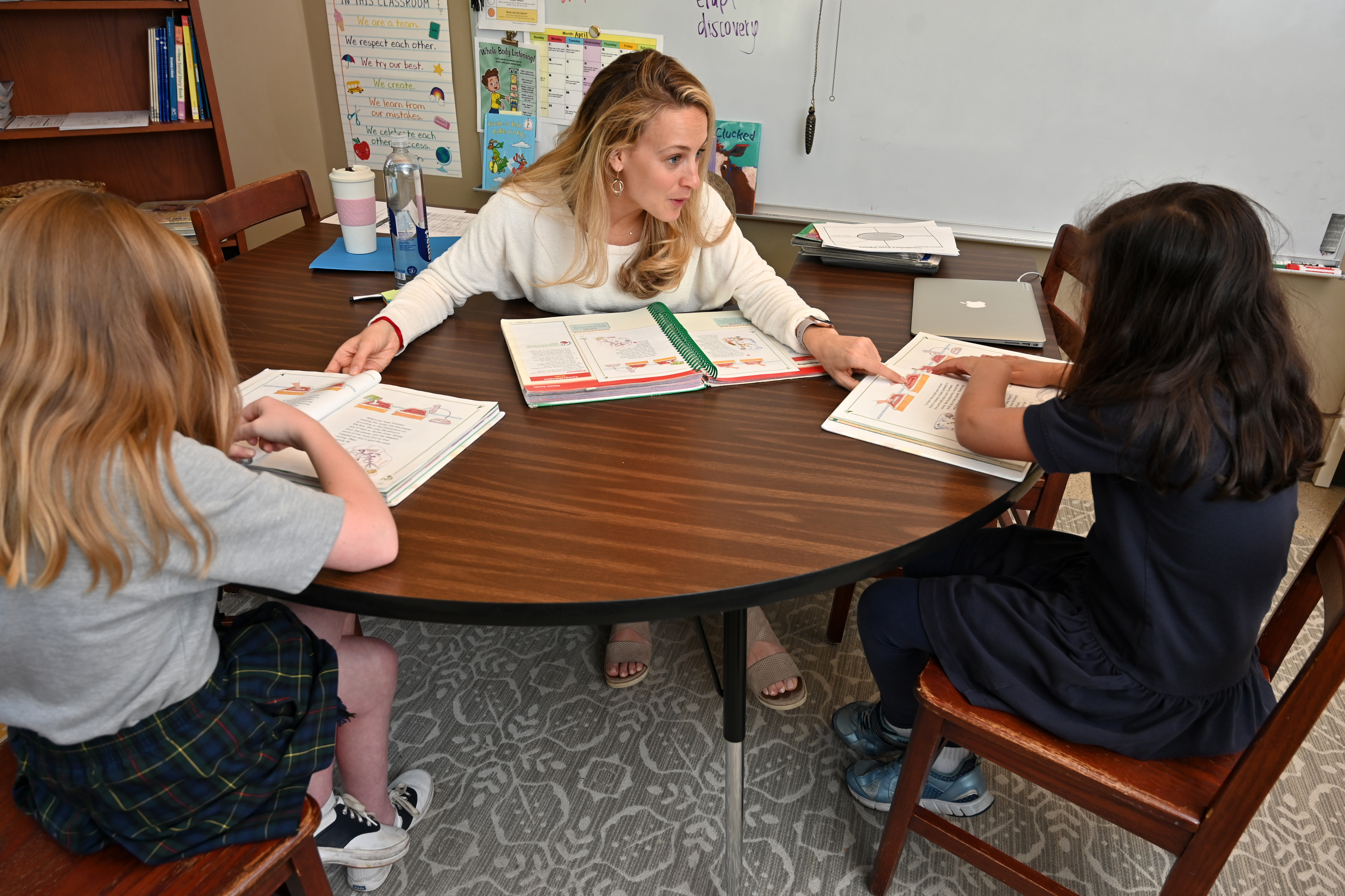Recently, I had a conversation with my 16-year-old grandson. Actually, he did the talking, and I did the listening so I guess one could say this was a conversation. He was angry with his algebra teacher who had assigned 60 problems for homework. “How could she do this? This isn’t right! Gramma Jane, “Don’t you think I should raise my hand tomorrow and tell her this is too much homework?”
At the beginning of each school year, parents often ask, “How can I help may child be successful in school this year?” I would like to recommend an often overlooked but crucial component of success -- making mistakes. Because we live in an age where we are afraid to let children fail and want them to be perfect (e.g., perfect attendance, perfect ACT score, perfect homework paper even if it means answering questions for the child), allowing them to make mistakes is sometimes a struggle.
Children experience all the highs, lows, mysteries, stressors, worries and joys of any human life, no matter their age. A child may feel, process, and express their emotion differently than an adult, but the core emotion carries the same (or heavier) weight in a child’s soul as it does in an adult’s.
Is homework a battle? Is academic progress inconsistent across subjects? Are some of your child’s standardized test scores low in particular areas or across subjects? Below are some additional questions to ask yourself in determining whether to pursue a psychoeducational evaluation for your child.
Most children learn to read despite the method used; however, approximately 20 percent of school-age children demonstrate significant struggles learning to read. As evidenced by the work of Sally Shaywitz, M.D., this struggle in reading is no longer viewed as a hidden disability. Dr. Shaywitz reports a difference in the activation of neural pathways when comparing skilled readers to those with dyslexia. She reports that skilled readers demonstrate strong activation in the back of the brain and less activity in the front. In contrast, as struggling readers age, brain imaging studies reveal increased activation in the frontal regions.









